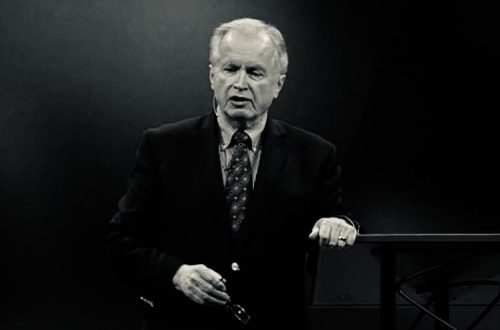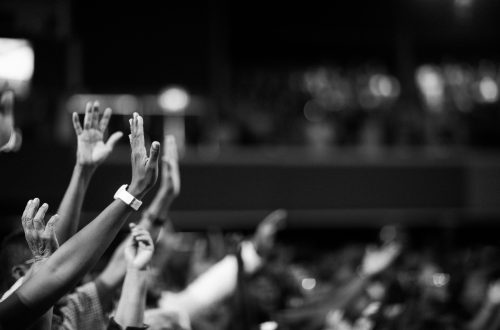 Timothy George has an article in the most recent issue of First Things that is a must-read for anyone interested in the goings-on of the nation’s largest Protestant denomination, the Southern Baptist Convention (SBC). The article is aptly titled “Southern Baptists after the Revolution,†as it discusses new currents that have been flowing through SBC life since the conservatives secured control of the convention in the 1990’s.The big story coming out the SBC’s annual meeting this past summer was the election of dark-horse candidate Frank Page to the presidency of the denomination. Page’s election marked only the second time since 1979 that a person has won the presidency who was not pre-selected by the conservative leaders of the convention. George argues that his surprise victory was owing to the accidental coalition of five subgroups who influenced the election:
Timothy George has an article in the most recent issue of First Things that is a must-read for anyone interested in the goings-on of the nation’s largest Protestant denomination, the Southern Baptist Convention (SBC). The article is aptly titled “Southern Baptists after the Revolution,†as it discusses new currents that have been flowing through SBC life since the conservatives secured control of the convention in the 1990’s.The big story coming out the SBC’s annual meeting this past summer was the election of dark-horse candidate Frank Page to the presidency of the denomination. Page’s election marked only the second time since 1979 that a person has won the presidency who was not pre-selected by the conservative leaders of the convention. George argues that his surprise victory was owing to the accidental coalition of five subgroups who influenced the election:
1. Charismatics
2. Neo-Calvinists
3. Woman’s Missionary Union
4. Baptist Bloggers
5. Younger Moderates
I wrote a little bit about Frank Page’s election last summer, but frankly I think Timothy George has the best explanation I’ve seen yet. The only thing I would add to George’s account is that I think there is another group mixed in with the bloggers and younger moderates–the emergents. It’s really just a hunch, but I have a feeling the SBC has a number of people who have been influenced by the emerging church movement–a movement that is unambiguously in protest of traditional church forms and structures. That they would vote against an establishment candidate is not surprising.
I’ll finish by agreeing with George’s reflections on the burgeoning Calvinist movement in the SBC:
This issue was tackled head on by Paige Patterson and Al Mohler, two Southern Baptist educators, in a public debate at this year’s convention. While clearly holding to different views, they agreed that both parties should have a place at the Baptist table. And Page, not a Calvinist himself, said the same thing. If this spirit prevails, there will not be a divisive fight over Calvinism, as some have predicted. No doubt, both hyper-Calvinism and five-point Arminianism are still out of bounds among Southern Baptists, but between those two extremes there is room for a healthy debate on the precise balance between divine sovereignty and human responsibility (source).
Go read the rest of “Southern Baptists after the Revolution.†It’s an interesting analysis.



